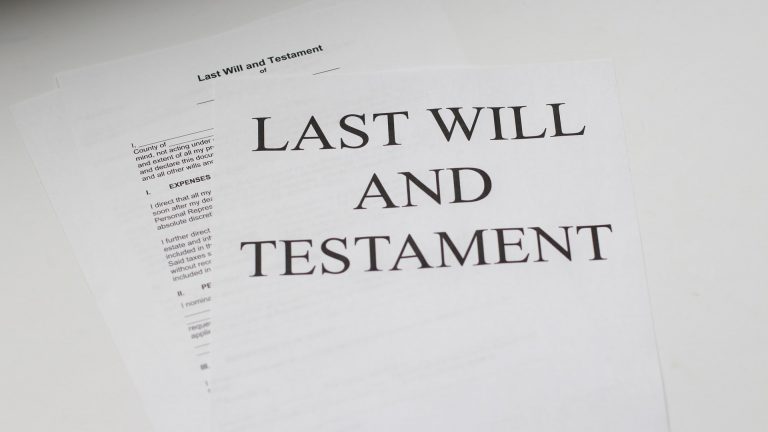It is always a difficult and upsetting time when a loved one dies. However, if there are disagreements or Will disputes, this can make the situation far worse. At the time of writing, no law in England and Wales forces someone to leave part or all of their estate to family or other dependents. Problems can quickly arise if someone does not receive what they thought they would reasonably expect from the deceased’s trust and estate.
Similarly, they could not be mentioned as a beneficiary, leading to financial difficulties if they have no other means of income. Or there could be arrangements made for the care of and financial provision for children, pets or other dependants that another family member is unhappy with or unable to carry out. This is where a will dispute comes in.

How long does disputing a Will take?
Contesting or will dispute is not necessarily a quick process to complete. It can take years to resolve if left to fester or handled incorrectly. Often, there can be items of high value involved in a contentious probate scenario, including property, vehicles, family heirlooms or jewellery. This can seriously hold up the grant of probate, the finalising of the deceased’s estate, and the distribution of inheritances.
There is, however, a strict time limit that applies to how soon a Will can be disputed after the person’s death. Under the Inheritance Act, anyone wishing to dispute a Will must bring a claim to court within six months of the grant of representation or probate.
Several caveats to this can come into play in urgent cases or where more time is required to prepare a case for pursuing a claim under the Inheritance Act. The best approach is to seek legal advice from experienced Will dispute solicitors to improve the success rate of contesting a Will in the UK.
Grounds for will dispute
There are several potential grounds for contesting a Will in the UK. These include such scenarios as:
1. Claims that the deceased failed to make adequate provision for members of their family or loved ones
2. Concerns over whether a will is valid or if there are more recently updated versions in existence
3. Where the Will is lost, illegible or has a mistake will affect how the estate is distributed
4. Doubts over the person’s mental capacity or whether they were of sound mind, memory and understanding when they signed the Will
5. Doubts over the accuracy of how the Will was witnessed and signed
6. Concerns that the Will was made under influence or coercion for the benefit of one or more parties
7. Allegations of forgery or fraud
8. Concerns about the capabilities or motivations of the executors. Or arguments between multiple executors with regards to how to handle the estate
What is the Inheritance Act?
While, as already stated above, there is no law forcing people to write their Will a certain way, there is a legal provision to allow the courts to overturn a Will that does not make adequate provision for spouses or children. The legislation was first introduced in England and Wales in 1938 to prevent dependents from falling into financial poverty due to being cut out of their primary provider’s will. Only a small number of people could contest a Will under this law.
In 1975 the Inheritance Act directly repealed this law. Its terms widened the number of people who could have valid Inheritance Act claims to survive widows, widowers or civil partners, divorced partners not yet remarried and sons, daughters or anyone treated as a child of the deceased person’s marriage. Also, anyone who the deceased person directly maintained. In the case of divorced claimants, the case depends typically on the agreements made between the splitting couple at the time of their divorce settlement.

Is it worth contesting a Will?
A Will dispute solicitor in the UK will be able to tell you whether or not you have a strong case for contesting a Will after probate or even as soon as the Will is read. As a general rule, the closer you were to the deceased person, the stronger your case could be. Spouses and civil partners tend to have less burden on them to provide evidence for their case.
Minors, such as children and other young dependents, will generally have a stronger argument, people with reduced mental capacity who were maintained by the person whose Will is under dispute. However, each case will have its strengths and weaknesses, so it is worth consulting a solicitor to determine the outcome of a claim.
Another question to ask would be, how much does it cost to dispute a Will in the UK? Court proceedings can become very expensive, especially if you are the losing party. It could well be worth investing in specialist legal expenses insurance to ensure that costs don’t climb so high as to wipe out any benefits of recovering an award from the Will, should you be successful in your claim.
To find out more and discuss your particular circumstances, speak to a Will dispute and probate registry expert at Shortlands Solicitors.

